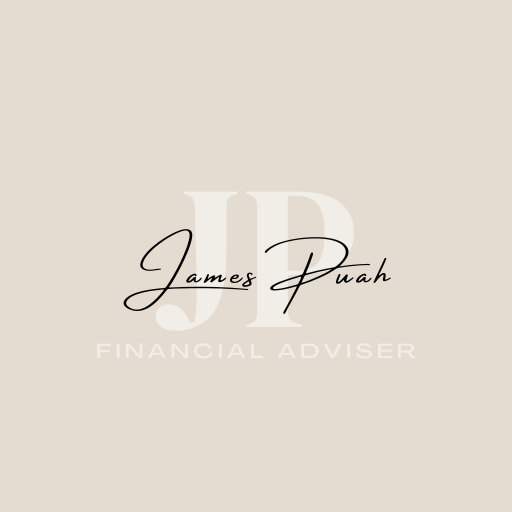At times co-ownership offers the best option for first home buyers.
It’s a way to get into your first home when you do not have a large deposit or find that standard mortgages are unaffordable.
Traditionally a co-ownership agreement might have been with a family member (typically a parent) where they have the equity to enable you to buy a property. Of course you have a property sharing agreement and their reward is to share in the gain of the value.
As a mortgage adviser I have been helping people get into their first home using this option but instead of a family member supplying the help it can now be sourced from companies that offer this as a financial product … a formal co ownership agreement.
Do You Qualify?
Firstly you probably want to know if you qualify, and I’m happy to say that the criteria is easier than what the banks apply for low deposit lending.
The two key parts to the criteria are;
- You must have a minimum of 5% deposit – this can include your KiwiSaver withdrawal and any savings that you have. In addition you can have some of the deposit provided by a gift.
- You need to be able to afford the repayments – as your adviser I can help with assessing this for you. The mortgage is done with a non-bank lender and therefore the criteria is not quite as tough as what the banks use when assessing thing, and especially when they assess an application with a low deposit.
Using a non-bank lender also means that you can have some blemishes on your credit check and have other debts too. There are a couple of lenders and with them each application is assessed on a case by case basis which may determine what interest rate you might be offers from the lower prime rates to the higher specialist rates.
As your financial adviser I will be able to help present this to the best lender and I do have good success even when there might be some poor credit, poor account conduct and also when there is quite a lot of short-term debt.
How Do The Numbers Work For Co-Ownership?
As an example this is a scenario that I sent to someone recently who only had about 10% deposit (KiwiSaver $60,000 + cash savings $10,000) but they also had some existing debt.
This meant they were still short on deposit for most lenders, and with the existing debt they were not meeting any of the lending criteria. They needed either a bigger deposit, no existing debt or both. That meant they would have to wait and keep savings and paying debt which may also mean having to pay more for a home at sometime in the future.
Really it meant they were unbale to complete a purchase for $629,000 which they knew was a very good price – just reduced from $699,000.
The banks and even non-banks are not doing much lending to 90% except if you fit the criteria for the Kainga Ora First Home Loans option and have little or no debt. This means that for a lot of people like these clients there are not really any other options so it’s either stay renting or look at things like the co-ownership options we have access to.
So we discussed co-ownership and in their case it did work out very well for them.
Let’s see how the finances work;
| Purchase Price | $629,000 |
| Funded by: | |
| KiwiSaver | $60,000 |
| YouOwn | $88,000 |
| Resimac | $503,000 |
| $651,000 | |
| Therefore Surplus | $22,000 |
| Plus Cash | $10,000 |
| Pay Off Loan | $32,000 |
By using this co-ownership option we were able to get $503,000 (80%) as a first mortgage with a Resimac and the remaining $88,000 (14%) with YouOwn which included clearing their debts too.
The repayments looked like this:
| Monthly | Weekly | |||
| Resimac Home Loans | 2-Years 7.59% | $503,000 | $3,550 | $820 |
| YouOwn | 5.99% + $100 monthly | $88,000 | $540 | $125 |
| $4,090 | $945 |
That means the repayments will be approx. $945 per week which was about the same as they were paying in rent and the existing debt.
Buying Out YouOwn
At some point you will want to buy out the YouOwn share.
The co-ownership agreement with YouOwn includes your right to buy us out after five years at independently assessed market value.
The main thing to be aware of is that when you buy the YouOwn share you do so at the values then – that means that if the house increases in value to ‘say’ $800,000 then the YouOwn 14% share increases to $112,000 so effectively this has cost you $24,000 ($112,000 – $88,000). But at the same time remember that your share is the other 86% and that has increased by $147,000.
Another Option …
I have a lot of options available and co-ownership is one of those options. There are times when it may be the best option, or the only option available to you now.
As a first home buyer you owe it to yourself to explore all options and then decide what you should do. You may still chose to keep renting and saving etc, but with property prices a bit lower now it may also be a good opportunity to buy you own home now.


